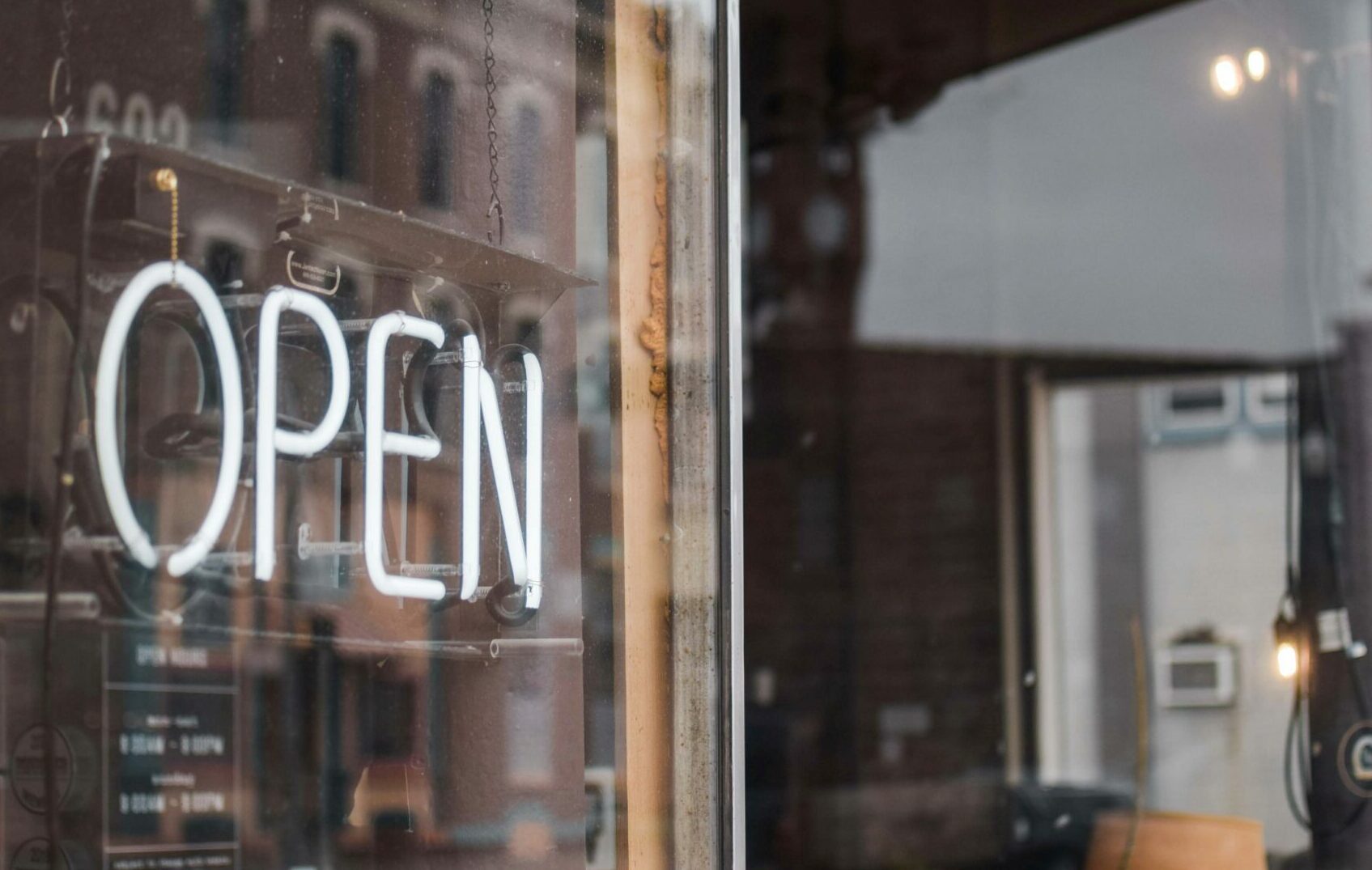
Michael Hayman on how the seeds of change are being planted now, and a new chapter for small businesses will be borne out of the conditions we face today, in his column for Elite Business
I co-founded my business in the winter of 2010, and the conditions were difficult. The depths of the financial crisis cast a long shadow over the commercial mood and starting up was not for the fainthearted.
Most people I spoke with felt that these conditions made it the wrong time and that I should hunker down and focus on job security rather than encouraging risk. It was to lead to many a soul-searching conversation between myself and my business partner, Nick.
In the event, we went for it and we never looked back (despite the inevitable bumps along the way). But it turns out that we were far from alone in this experience. The financial crisis was to be the catalyst for many people to have a go at doing things their own way.
There is a great quote attributed to Einstein that “nothing changes until something moves”. Painful economic conditions can be great catalysts for change. Crucibles to stir action for those looking to do things better, smarter and faster.
In the event, the response to the financial crisis was a boom in start-up formations. It was to lead to what the then Chancellor, George Osborne, called the entrepreneur led recovery, and was to spearhead a new generation of entrepreneurs and an incredible constancy of the enterprise culture in the economy.
I had first-hand experience of this as one of the co-founders of Start Up Britain, the national campaign for early-stage businesses.
Fast forward to today and the conditions that created the start-up surge feel similar, even if the causes this time are different.
At the forefront of the economic challenge this time are record numbers of mature small firms who have to find ways to navigate increasingly trickier waters to ensure that they control costs, invest in the right things, and move carefully.
Too many good businesses go bad because they do not have the tools to equip themselves for tough times.
It’s just one of the reasons that I so strongly believe that knowledge is power, and where you go to gain information and insight really does matter when in challenging times.
The area I am focused on is the opportunity for small firms to work with business schools through the government-backed Help to Grow: Management Course, which provides 50 hours of training alongside mentoring and access to a cohort for businesses up and down the country.
It’s just completed its first year, and I think it’s tailor made for businesses thinking about what they can do to future proof their businesses.
There is much to play for.
The UK SME scene was resilient in spite of the tough challenges. Some 800,000 companies were registered in the first year of the pandemic[i]: a record breaking number and a great representation of the entrepreneurial heartbeat of our country. As these firms grow we can use the experience of the past to help them navigate the challenges of the future.
Make no mistake, the seeds of change are being planted now and a new chapter for small businesses will be borne out of the conditions we face today.
But in thinking about the promise of tomorrow, past experience shows that hope is not a strategy, but knowledge is part of one.
That’s why investing time in yourself might just be the most important thing you can do to tackle tough times and get yourself future ready.